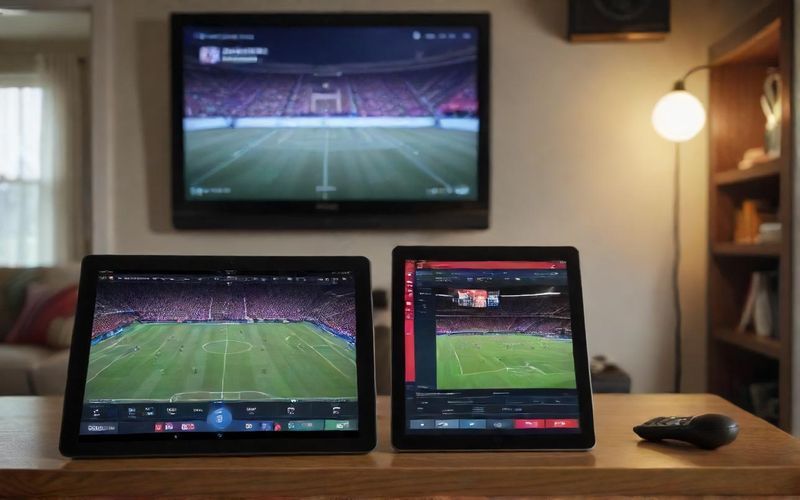Fubo Store Unifies Streaming, But Can It Fix Finances?

Imagine this: you’re settled in, ready to dive into a premium standalone sports subscription you’ve paid for, maybe it’s exclusive access to DAZN One or the thrill of MotoGP. But instead of a seamless transition, you’re faced with exiting one app, launching another, logging in again. It’s a friction point, a small annoyance that, when multiplied across multiple services, chips away at the convenience that streaming promised. David Gandler, Fubo's co-founder and CEO, voices this sentiment, highlighting their commitment to solving these frustrations through proprietary technology. The Fubo Channel Store aims to be that solution, a central hub where these premium standalone plans are not just linked, but "ingested" directly into the Fubo experience. This means accessing content without leaving the Fubo app, a genuinely welcome shift for anyone who’s felt the drag of app-hopping.
What’s particularly interesting is the breadth of offerings within this new store. Beyond regional sports networks, they're bringing in established names like Hallmark+, MGM+, Paramount+ with Showtime, and Starz. And as a bonus, subscribers to these standalones also get access to Fubo Free, a collection of nearly 200 FAST (free ad-supported streaming television) channels. This move positions Fubo not just as a distributor, but as an aggregator, a more comprehensive destination for a wider array of viewing needs. This strategy, the drive to consolidate content and simplify user experience, is a smart play in a market that’s becoming increasingly fragmented, and where subscriber fatigue is a very real concern.
However, this push for aggregation and enhanced user experience doesn't exist in a vacuum. Beneath the surface of these new features, the financial realities of the streaming business remain a critical consideration. Analysts note that while the Fubo Channel Store is a clear catalyst for improved subscriber engagement and average revenue per user, the company's persistent cash burn and negative free cash flow are significant underlying pressures. It’s a classic case of innovation versus solvency. Fubo’s projections hint at ambitious revenue and earnings growth by 2028, but the journey there is fraught with the need to balance expansion with financial discipline. The varied assessments from investors, with fair value estimates ranging wildly, underscore the differing perspectives on whether these strategic moves can truly bridge the gap between ambition and sustainable profitability.
This isn’t the only recent development from Fubo aimed at capturing a discerning audience. They’ve also introduced a quarterly subscription plan for their Fubo Sports skinny bundle. This targeted approach, offering a more streamlined, sports-focused package at a potentially more attractive price point, is a testament to their understanding of specific consumer needs. Priced at just over $52 per month on average when paid quarterly, it’s designed to appeal to cord-cutters who want premium sports content without the bloat of broader entertainment packages. The inclusion of channels like DraftKings Network, Sportsgrid, and MotoGP caters to passionate niche sports fans, a segment that often seeks out specialized content. It’s a deliberate strategy to offer value and exclusivity, especially during peak sports seasons, and it echoes their origins as a soccer-centric streamer that has evolved into a broader sports hub.
The success of these initiatives hinges on Fubo’s ability to not only attract new subscribers but to retain them by offering a compelling and consistently valuable service. The Fubo Channel Store promises a more unified experience, a significant step towards reducing the friction that drives users away. The Fubo Sports quarterly plan offers a more focused, budget-conscious entry point for sports enthusiasts. Yet, the specter of financial challenges looms. Can these innovative features and strategic pricing models truly overcome the fundamental economic hurdles?
As the streaming wars continue to rage, and new offerings emerge seemingly every week, the question for Fubo, and indeed for consumers navigating this complex ecosystem, is whether these strategic moves represent a sustainable path to both viewer satisfaction and long-term financial health. Will the Fubo Channel Store become the seamless gateway to content it promises, or will it be another feature launched into a market still grappling with fundamental business model questions?








